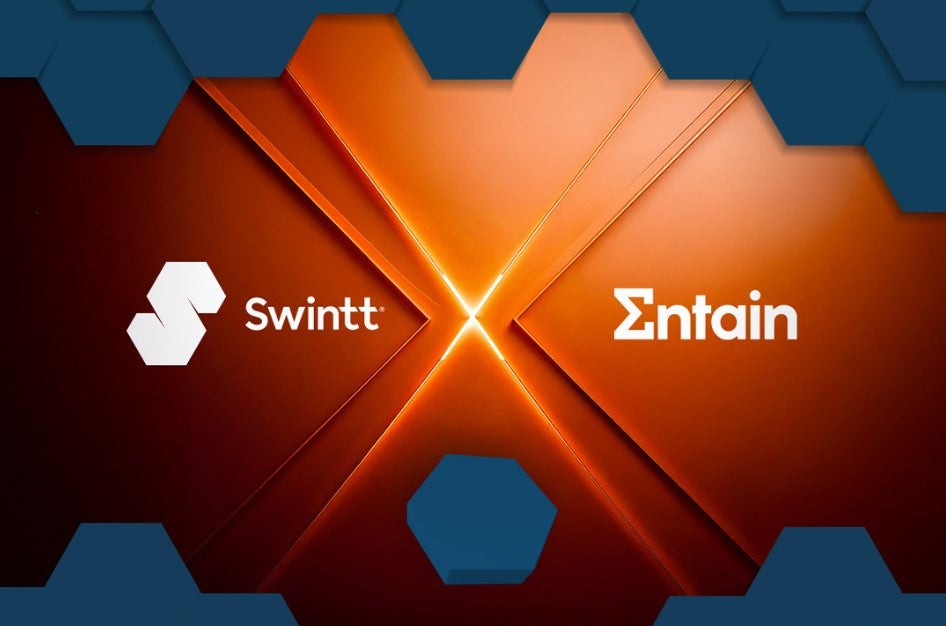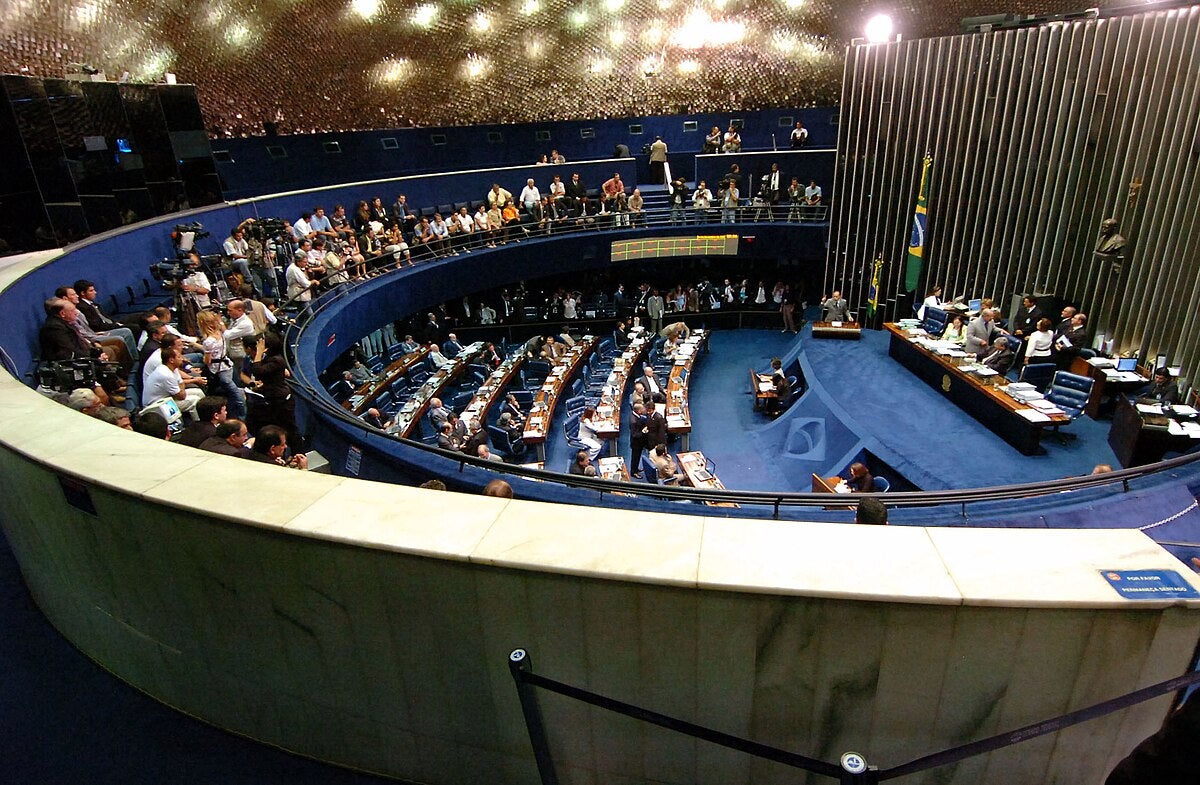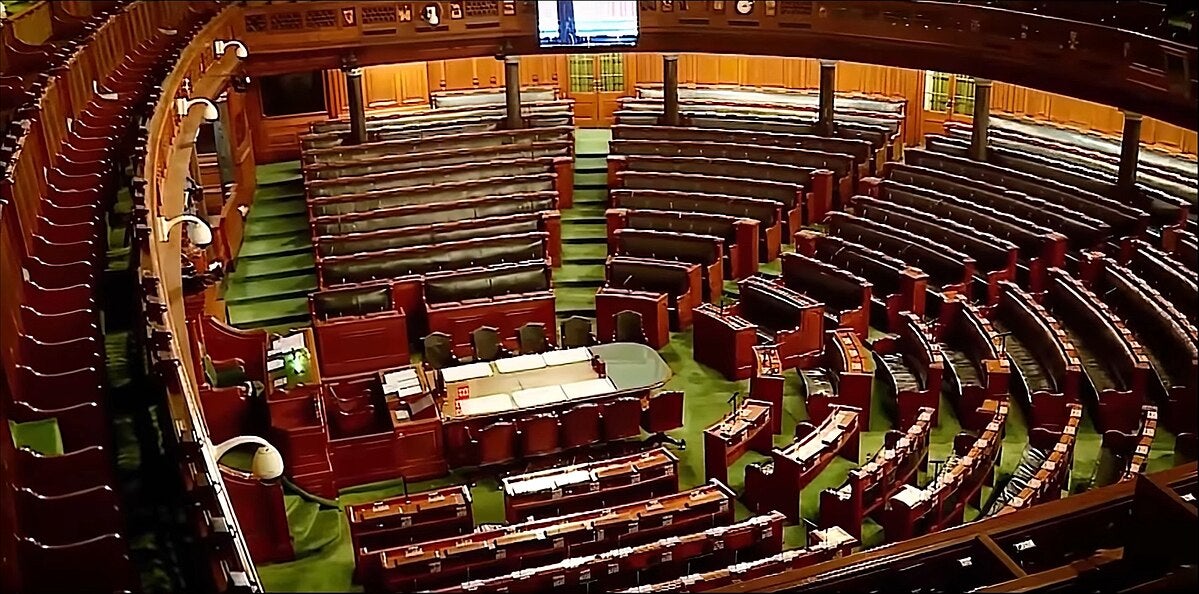Special Licensing for Skill-Based Machines
KSA's licensing overhaul will phase in gradually, with existing operators shielded from penalties by transitional terms during the implementation period. A major innovation is the "limited exploitation license" tailored for behendigheidsautomaten. These skill-based machines, such as pinball games, award non-monetary rewards, like extra playtime, and require player skill rather than relying on chance.
Currently, all gaming machines are subject to a single permit, despite the differences between skill-based and luck-based games. Skill-focused operators have long advocated for separate licensing, arguing their low-risk model warrants distinct oversight. KSA's solution allows these businesses to bypass stringent reviews, unlike luck-based operators. The new licenses are expected to accelerate approvals while maintaining oversight.
Stricter Terms
The KSA reforms introduce heightened accountability for license-holders, with future renewals set to include evaluations after predetermined periods and obligations, such as mandatory exit strategies or sustainability proof.
A significant update is the planned revision of the Beleidsregels vergunningverlening kansspele op afstand (Policy Rules for Remote Gambling Licensing) on January 1, 2026. It will enforce an "exit plan requirement" to ensure orderly market exits and long-term sector stability.
While the changes mainly target land-based venues, analysts predict potential ripple effects. The shift to fixed-term licenses and periodic reviews could inspire future regulations for online and hybrid operators, fostering industry-wide harmonization.
Market Integrity
The Netherlands' licensing reforms mark a critical step in strengthening its gambling sector by introducing licensing structures that accommodate the diverse needs of operators. By balancing innovation with compliance, KSA seeks to foster fair competition while maintaining rigorous oversight.
Tailored permit options are intended to address operational differences between skill-based and luck-based businesses. These alterations position KSA as a benchmark for industry standards, adapting regulatory tools that align with its sector's needs.











.jpg)
























